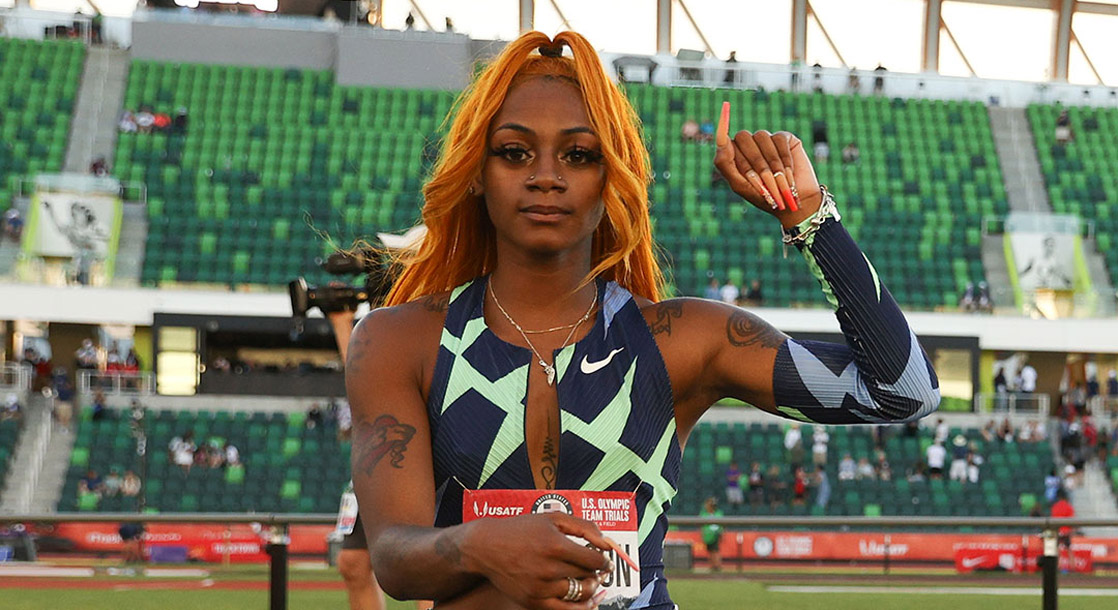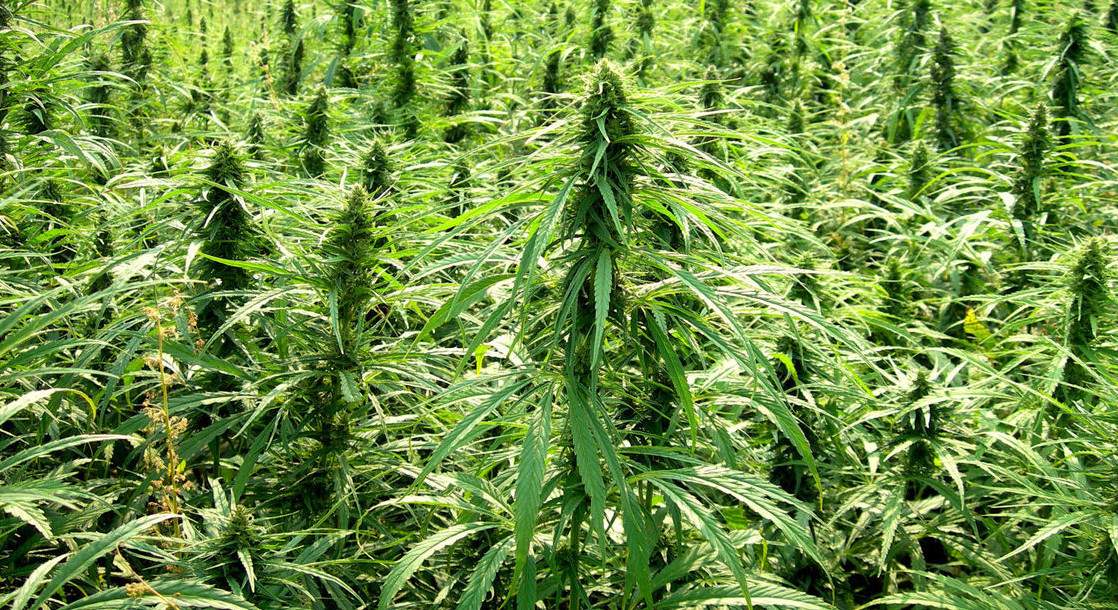Cover image via
American sprinting champ Sha’Carri Richardson, who was disqualified from 2021’s Tokyo Olympics after testing positive for cannabis, wasn’t shy about her take regarding Kamila Valieva’s recent clearance to compete in the Beijing Olympics despite failing a doping test before the games even began.
“Can we get a solid answer on the difference of her situation and mines? My mother died and I can’t run and was also favored to place top 3. The only difference I see is I’m a black young lady,” Richardson tweeted on Feb. 14.
Can we get a solid answer on the difference of her situation and mines? My mother died and I can’t run and was also favored to place top 3. The only difference I see is I’m a black young lady. https://t.co/JtUfmp3F8L
— Sha’Carri Richardson (@itskerrii) February 14, 2022
In December, 15-year-old Russian figure skater Kamila Valieva tested positive for trimetazidine, a drug typically prescribed for treating chest pain from angina, a heart condition. However, the drug can also boost an athlete’s endurance by maintaining high heart rates without triggering exhaustion or a heart attack. There’s no evidence that Valieva suffers from angina, and trimetazidine is banned by the World Anti-Doping Agency (WADA) at all times, during and outside of competitions.
However, last summer, Richardson tested positive for weed during the Olympic trials in Oregon, which, after a lot of drama and failed negotiations, got her shitcanned from the Summer Olympics. Unlike trimetazidine, the Olympics only bans cannabis use within specific time frames just prior to and during competitions.
Richardson said she consumed a THC-infused edible after learning about her mother’s passing. THC, an active component of cannabis, is stored in human fat cells, which can trigger a positive test result weeks or even months after initially consuming it.
Last July, Richardson’s fans started a petition to place her back in the games. But the petition ultimately went nowhere, despite collecting nearly 600,000 signatures.
Now, to be fair to Valieva, there are some stark differences between Richardson’s case and hers. First, Richardson’s case was handled directly by WADA. Valieva’s was handled by the Court of Arbitration of Sport, which can mediate doping disputes for the Olympics. WADA itself sent Valieva’s case to the arbitration court, though it did not do the same for Richardson in 2021.
According to the arbitration court, age was one of the deciding factors in Valieva’s favor. Since she’s a minor, that makes her a “protected person” subject to different rules. And being a minor, she’s not entirely in control of her decisions, either. The investigation into Valieva’s doping is still ongoing, but the court ultimately allowed her to compete without suspension.
But, to be fair to Richardson and every other athlete at the Beijing games, this doping BS has been an ongoing issue with Russian teams. In 2019, the Olympics banned Russia from competing for four years due to a massive doping scandal among several Russian athletes at the time.
Russians may compete in the Olympics during the ban, but not under the Russian flag. Instead, they’ve been competing under the Russian Olympic Committee flag, though some athletes have even skirted this by rocking Russian flag patches on their sleeves during the Beijing ceremonies. So, it’s not as if Valieva’s scandal is particularly new.
Furthermore, on the same day Richardson dropped her tweet, the International Olympic Committee announced there would be no medal ceremony for the figure skating event if Valieva ends up in the top three. In that case, the winners will be determined sometime after the investigation is complete.
While Valieva gets a pass for being a minor, the reality is she tested positive for a drug that is, undeniably, a performance enhancer. Meanwhile, there is practically zero evidence that cannabis is a performance enhancing drug, though studies suggest that it can help with physical recovery and with the mental anguish that comes from losing a loved one.
Anyway: The Olympics and its racist policies can sit and spin on a wack schwag blunt. Lighters up, but only to burn one for Sha’Carri.











